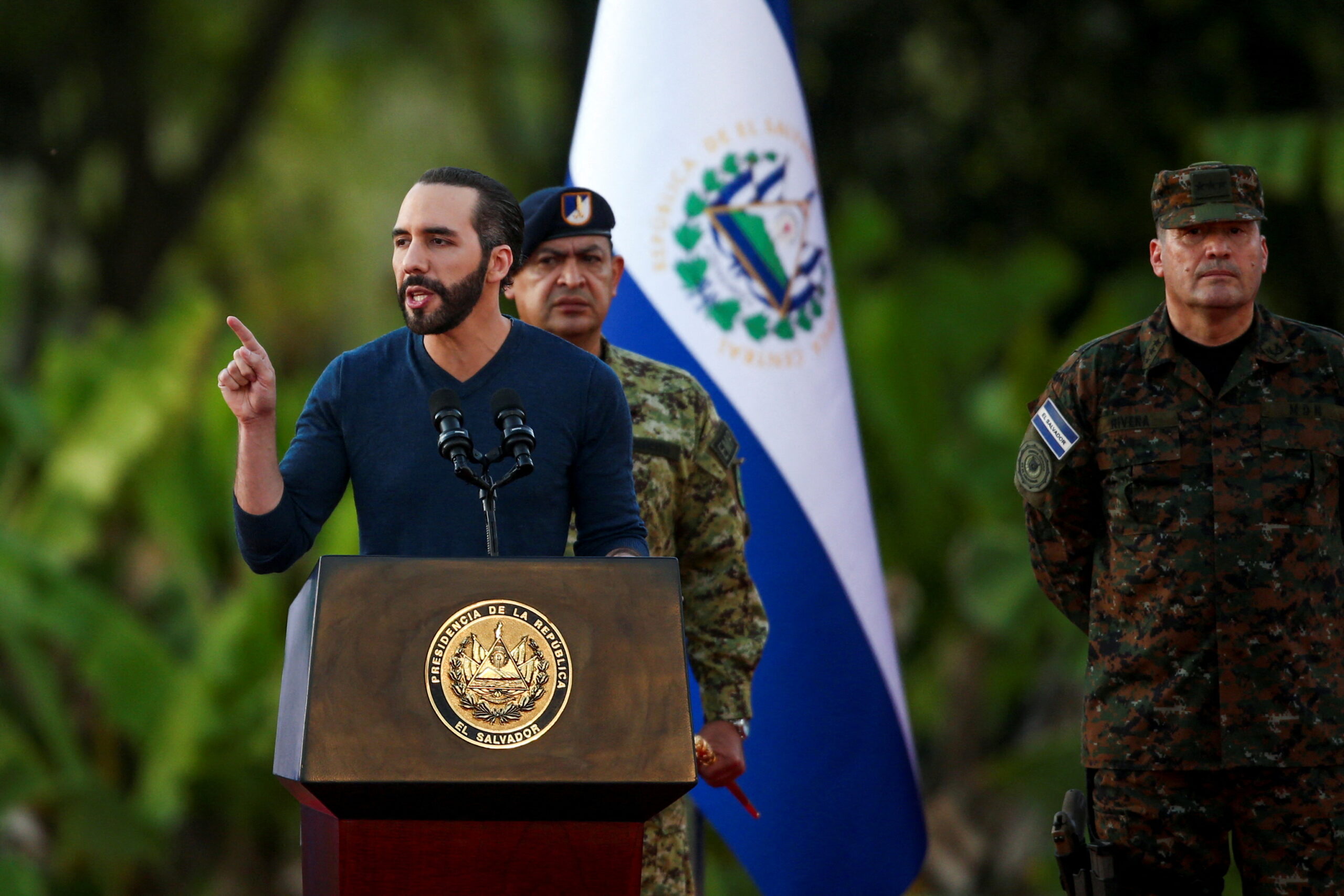5G in Africa: What’s its potential, Selasi Ahorlumegah?
Naa Oyoe Quartey
With its fast speeds and revolutionary potential, 5G stands out as a noteworthy milestone in the field of […]

El Salvador’s president, Nayib Bukele, officially presented his candidacy for a second term in office, despite concerns regarding the legality of his re-election bid. The Central American nation is set to hold its elections on February 4th.
Amid tight security, Bukele, along with his running mate vice president Felix Ulloa, submitted their candidacy documents at the Supreme Electoral Tribunal (TSE) in the capital city, San Salvador. A large gathering of supporters, who enthusiastically chanted “Nayib!” and “re-election!”, was seen outside.
Bukele, aged 42, ascended to power in the 2019 elections by defeating two established political parties. His decision to run for a second term sparked a vigorous debate over its conformity with the country’s constitution after the Supreme Court permitted his re-election. Critics have raised doubts about the constitutional legality of serving two consecutive terms.
According to the Salvadoran constitution, presidential candidates are limited to a single term and are ineligible if they have “served as President of the Republic for more than six months, consecutive or not” within the six months preceding the presidential term.
Nevertheless, Bukele’s tough stance against violent street gangs has earned him support from a population tired of crime, even though it has drawn sharp criticism from human rights organisations for mass trials and arrests conducted without warrants. Rights groups, and the United Nations, have expressed concerns about arbitrary detentions, inhumane prison conditions, and the emergence of authoritarian tendencies.
In Bukele’s initial year in office, the impoverished Central American country recorded 38 homicides per 100,000 inhabitants. The following year, this figure dropped to less than eight. Polls indicate that Bukele’s campaign against gangs is supported by nine out of ten Salvadorans.
The youthful president stands out as the most popular leader in Latin America, according to a 2023 report published by Latinobarometro in July.
Economically, Bukele made a historic move by making Bitcoin legal tender in El Salvador’s dollarized economy, becoming the first country in the world to do so. He stated that this move would revitalize the struggling economy, despite concerns from experts and regulators about the cryptocurrency’s volatility, potential impact on inflation, and lack of consumer protection. However, the value of the currency plummeted, and its adoption was limited in a population heavily reliant on remittances from approximately three million Salvadorans residing abroad.

With its fast speeds and revolutionary potential, 5G stands out as a noteworthy milestone in the field of […]

Let me take you on a captivating journey through my intriguing conversation with Antonia Azoitei, a versatile artist […]